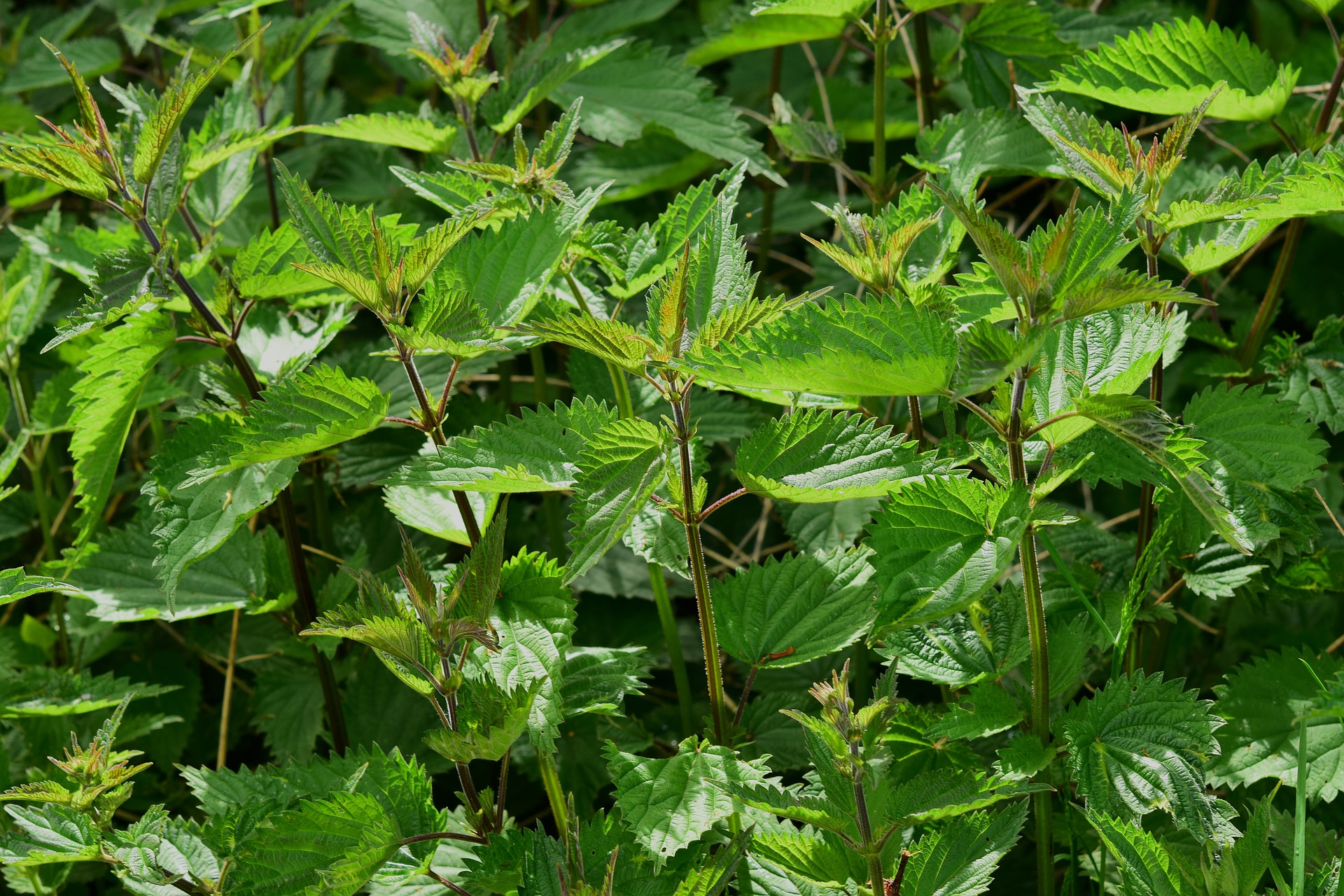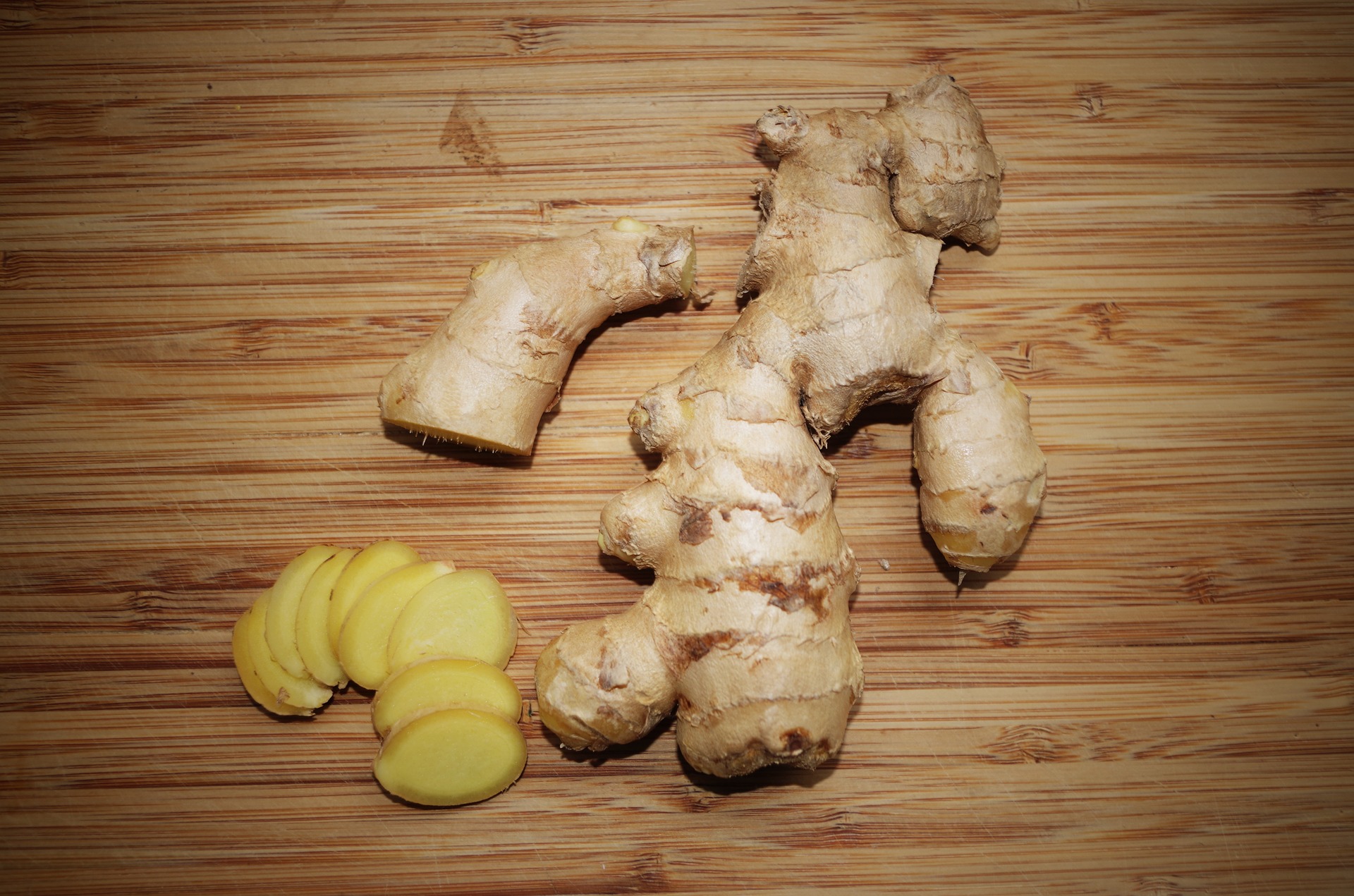Cancer researchers are searching for a cure in laboratories, chemical compounds and by other means. However, cancer treatment is right in front of us and has been known for many years. Many medicinal plants contain anti-cancer materials that can be used to treat the disease. In fact, herbs were used to produce cancer medicine during the early stages of research. The Vinca-alkaloid plants that grow in South America have been used as the source for Vincristine, and Taxol, a very common chemotherapy agent, was extracted from the Taxus brevifolia, as well as other chemotherapy medications.
Integrative cancer therapy continues to expose and use medicinal plants with anti-cancer properties. Many patients who refuse to undergo toxic cancer treatments and seek alternative cancer therapy use these herbs as part of their treatment.
Herbal cancer treatment is part of alternative medicine, as are proper cancer patient nutrition and vitamin IV treatments.
Medicinal plants are used to treat cancer patients for the following reasons:
- They have anti-cancer effects.
- They activate the body’s immune system.
- They treat the side effects and symptoms of cancer.
- They treat the side effects of chemotherapy and radiation.
Herbal cancer treatment is used as:
- Preventive treatment for healthy individuals.
- Cancer patient therapy following surgery to prevent recurrence (adjuvant therapy).
- Treatment of patient with active cancer.
The following is a list of several medicinal plants and what they do:
Astragalus – Activates the immune system, improves radiation therapy effectiveness.
Berberine – Anti-cancer properties for various types of cancer, such as ovarian cancer. Improves the effectiveness of the chemotherapy agent Tomedazol.
Bloodroot – Anti-cancer properties against several types of cancer, including sarcomas.
Butcher’s Broom – Anti-cancer and anti-estrogen properties. Used to treat hormone-sensitive breast cancer.
Marigold – Improves immune system functions, improves chemotherapy and radiation effectiveness.
Chaparral – May affect the immune system, reduces tumors and prevents metastases. Effective against breast cancer and other tumors.
Curcumin – Anti-inflammatory and antioxidant properties, reduces tumors and exhibits anti-angiogenic behavior (inhibits the growth of new blood vessels in the tumor).
Echinacea – Improves immune system function. Brain tumor activity.
Feverfew – Treats leukemia.
Milk Thistle – Protects the liver from chemotherapy and radiation damage.
Anti-Cancer Spices
Many spices extracted from medicinal plants have anti-cancer properties:
BASIL
CINNAMON
CLOVE
CURCUMIN
DILL
GARLIC
GINGER
ROSEMARY
SAFFRON
THYME
Herbal Cancer Treatment by Type:
Pancreatic cancer – Many medicinal plants have been shown to act against pancreatic cancer cells: artemisia, berberine, boswellia, curcumin, ginseng, green tea, and more.
Brain tumors – Angelica, berberine, boswellia, curcumin, marigold, ginseng, feverfew, and more.
Breast cancer – Curcumin, green tea, black tea, marigold, chaparral, graviola, mangosteen, and more.
Prostate cancer – Curcumin, green tea, dandelion, black cohosh, graviola, zyflamend, ginger, bloodroot, and more.
Anti-Cancer Medicinal Herb Compounds
Compounds containing several anti-cancer medicinal herbs can often be found on the market.
The most popular compound is PC-SPES, which caused a significant number of positive responses in patients with advanced prostate cancer.
Another well-known compound used to treat various types of cancer is ESSIAC.
Conclusion
Nature has blessed us with many ingredients that can be used to treat cancer. Herbal cancer treatment is very common and is based on a wealth of laboratory research and clinical trials that show the impact these natural ingredients found in medicinal plants have on cancer.
It is recommended that herbal treatment be part of the patient’s integrative cancer therapy in addition to conventional methods of treatment, nutritional therapy, changes in habits, mind-body methods to activate the immune system, IV vitamins and food supplements.



